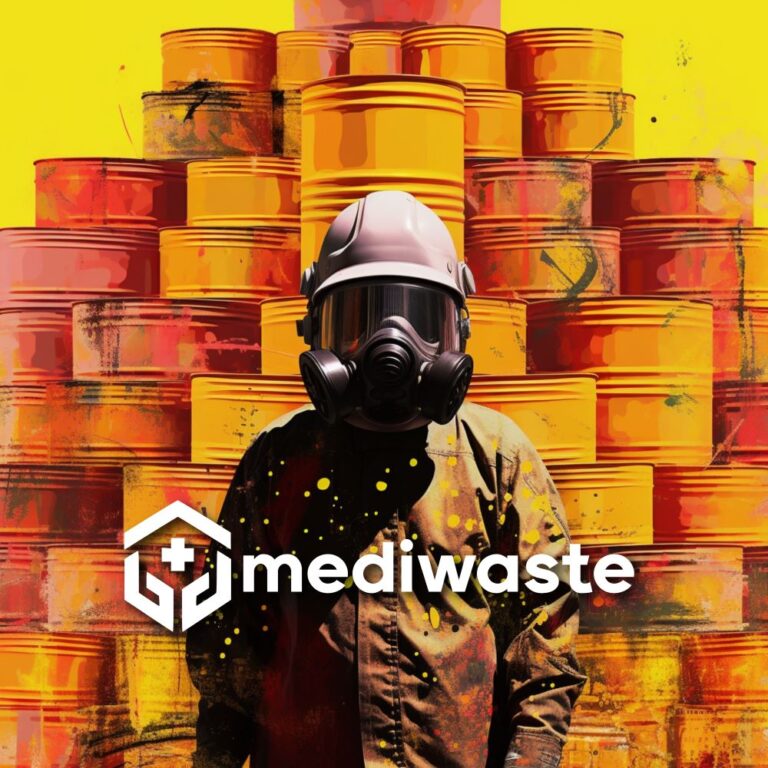The Role of Staff Education in Successful Medical Waste Reduction
Effective medical waste management is crucial for healthcare facilities to ensure safety, regulatory compliance, and environmental responsibility. Staff education plays a pivotal role in achieving successful medical waste reduction. This article explores the importance of staff training and its impact on waste management practices.

The Importance of Staff Education
Staff education is fundamental to improving medical waste management for several reasons:
- Increases awareness of waste management issues
- Improves compliance with regulations and protocols
- Enhances waste segregation practices
- Reduces the risk of accidents and injuries
- Promotes a culture of sustainability within the organization
Key Components of Effective Staff Education Programs
1. Comprehensive Training Content
An effective education program should cover:
- Types of medical waste and their proper classification
- Correct waste segregation procedures
- Potential health and environmental risks associated with improper waste management
- Regulatory requirements and compliance
- Best practices for waste reduction and recycling
2. Regular Training Sessions
- Conduct initial training for all new staff members
- Provide refresher courses at regular intervals (e.g., annually)
- Offer additional training when new procedures or regulations are introduced
3. Practical Demonstrations
- Include hands-on training for waste segregation and handling
- Use visual aids and real-world examples to illustrate proper techniques
4. Tailored Training for Different Roles
- Customize training content for various staff roles (e.g., nurses, doctors, cleaning staff)
- Address specific responsibilities and challenges for each group
Impact of Staff Education on Waste Reduction
Research has shown that staff education can significantly impact medical waste management practices:
- Improved Waste Segregation: A study in Sudan found that after implementing an educational intervention program, the percentage of staff with good knowledge of healthcare waste management increased from 17% to 59%.
- Reduced Waste Generation: Proper education can lead to more mindful practices, resulting in overall waste reduction.
- Cost Savings: Better waste segregation and reduction can lead to significant cost savings for healthcare facilities.
- Enhanced Compliance: Educated staff are more likely to adhere to waste management protocols, improving regulatory compliance.
Challenges in Staff Education
Despite its importance, implementing effective staff education programs can face challenges:
- Time constraints for busy healthcare workers
- Resistance to change in established practices
- Turnover of staff requiring ongoing training efforts
- Keeping up with evolving regulations and best practices
Strategies for Successful Implementation
To overcome these challenges and ensure successful staff education:
- Gain support from leadership to prioritize waste management education
- Use a variety of training methods (e.g., e-learning, in-person sessions, posters)
- Incorporate waste management training into regular staff development programs
- Provide incentives for good waste management practices
- Regularly assess and update training content to reflect current best practices
Conclusion
Staff education is a critical component of successful medical waste reduction strategies. By investing in comprehensive and ongoing training programs, healthcare facilities can significantly improve their waste management practices, reduce costs, and minimize their environmental impact.
MediWaste offers tailored staff education programs designed to meet the specific needs of healthcare facilities. Our expert trainers provide up-to-date, engaging, and practical training sessions that empower staff to implement best practices in medical waste management.
By partnering with MediWaste, healthcare facilities can ensure their staff are well-equipped to contribute to effective waste reduction efforts.







